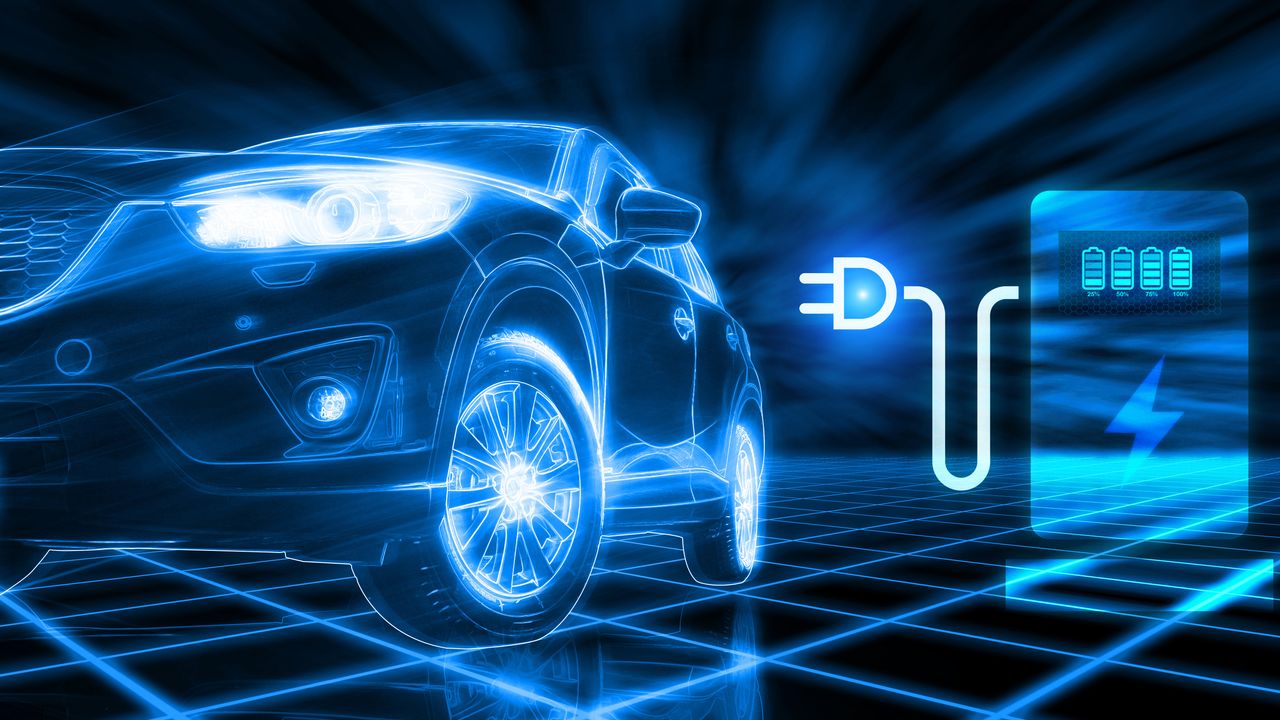Battery Technology and Advancements in Electric Vehicles
Electric vehicles (EVs) have gained significant popularity in recent years due to their environmental benefits and cost savings. One of the key factors influencing the success of EVs is battery technology. Continuous advancements in battery technology have led to improvements in charging efficiency, charging infrastructure, and energy storage, making electric vehicles more practical and convenient for everyday use.
Charging Efficiency
Charging efficiency plays a crucial role in the adoption of electric vehicles. In the past, charging an EV could take several hours, limiting their practicality for long-distance travel. However, with advancements in battery technology, charging times have significantly reduced. Modern EVs are equipped with fast-charging capabilities, allowing them to charge up to 80% of their battery capacity in as little as 30 minutes.
This improved charging efficiency is made possible by the development of high-capacity lithium-ion batteries. These batteries can store a larger amount of energy, enabling EVs to travel longer distances on a single charge. Additionally, the use of advanced charging algorithms and smart charging systems ensures that the battery is charged optimally, minimizing energy waste and maximizing the charging speed.
Charging Infrastructure
Another critical aspect of electric vehicle adoption is the availability of a reliable charging infrastructure. In the early days of EVs, the lack of charging stations was a significant barrier to their widespread use. However, governments and private companies have recognized the importance of charging infrastructure and have made significant investments to address this issue.
Today, charging stations can be found in various locations, including shopping centers, parking lots, and along major highways. These charging stations offer different charging speeds, ranging from slow overnight charging to rapid fast-charging options. The widespread availability of charging infrastructure has alleviated range anxiety, allowing EV owners to confidently plan their journeys without the fear of running out of battery power.
Energy Storage
Energy storage is a crucial aspect of battery technology that directly impacts the performance and range of electric vehicles. As mentioned earlier, advancements in lithium-ion battery technology have significantly improved energy storage capabilities. These batteries can store more energy in a smaller and lighter package, allowing EVs to have a longer range without sacrificing interior space or performance.
Furthermore, ongoing research and development efforts are focused on improving the energy density of batteries. Higher energy density means that more energy can be stored in the same physical size, enabling EVs to travel even longer distances on a single charge. Additionally, advancements in solid-state battery technology show promise for further improving energy storage and safety in electric vehicles.
Conclusion
Battery technology continues to be a driving force behind the advancements in electric vehicles. The improvements in charging efficiency, charging infrastructure, and energy storage have made EVs more practical and convenient for everyday use. As technology continues to evolve, we can expect even more significant advancements in battery technology, further enhancing the performance and range of electric vehicles.
